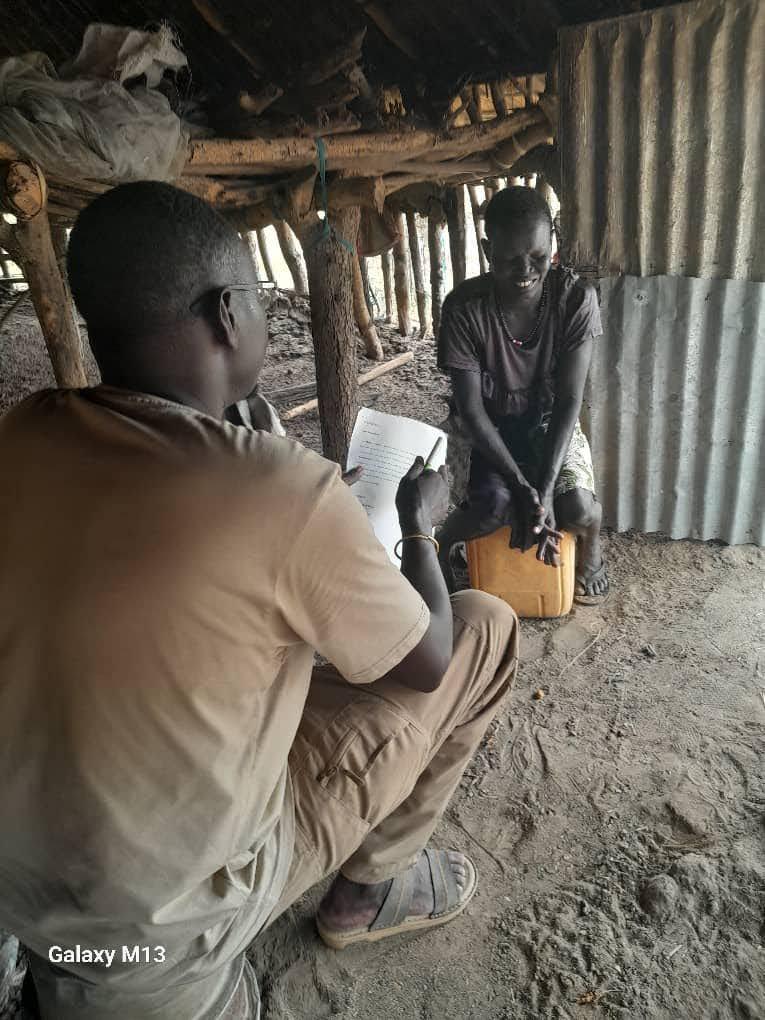Journal article
Gendered vulnerabilities to climate change: Insights from Bor County, Jonglei State of South Sudan
The paper offers some insights into understanding gendered vulnerabilities in Bor County, South Sudan, and provides recommendations to empower, and support the resilience of, women and girls.
Éditeur Open Access Library Journal
Documented evidence suggests that South Sudan is one of the most vulnerable countries regarding climate change. The vulnerability varies in different disaggregated groups of people, based on their societal position in a socially and gendered structure within a spatio-temporal space. This underlines the importance of understanding what may be referred to as “contextual conditions” that underpin the gender experiences of vulnerability to external shocks.
This paper draws on evidence obtained from a field study in Bor County, Jonglei State, South Sudan and secondary data. It takes the position that not only is gender a powerful and pervasive contextual condition, but it also intersects with other existing factors. Therefore, manifestations of gendered vulnerability to climate change are the results of complex and interlinked factors.
The paper offers some insights into understanding gendered vulnerabilities in Bor County. It concludes that gendered vulnerabilities to climate change and conflict are embedded in gender roles, traditional livelihoods, cultural norms, marital practices and resilience mechanisms.
It recommends the modernisation and incorporation of indigenous knowledge in climate resilience action, measures to ensure that livelihood opportunities do not benefit men at women’s expense, identification and maximisation of economic opportunities in women’s traditional domains such as milk processing, and community conversations on cultural norms and practices that perpetuate women’s subordination.
Read the journal article here.
Citation: Miruka, O. and Shisanya, C. A. (2025). Gendered Vulnerabilities to Climate Change: Insights from Bor County, Jonglei State of South Sudan. Open Access Library Journal, 12, e13323. doi: http://dx.doi.org/10.4236/oalib.1113323.

A student interviews pastoralists in Baidit Payam on the role of women in managing natural resources in Bor, South Sudan
Credit Image by Akuei Chau